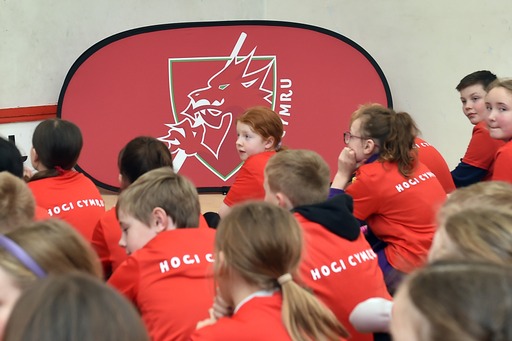The organisation – now known as Hoci Cymru – needs to increase participation in the sport after significant funding cuts
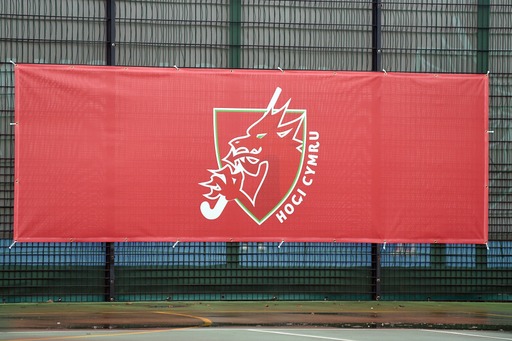
HOCKEY Wales has decided to ditch the controversial three feathers emblem from its logo and change its name as part of the biggest rebrand in its history.
The organisation’s rebrand is part of a new ethos designed to lead the sport into a new future after a turbulent few months for the governing body.
The new CEO, Paul Whapham, took on his role just one year ago – at a time where the organisation discovered it could be facing potentially significant cuts to its funding.
That funding change has led to a recruitment drive for players. This has seen the organisation reconsider who plays the sport and how they might cater for different groups of people.
Here, we explain why the changes matter not just to hockey in Wales, but perhaps to other sports too.
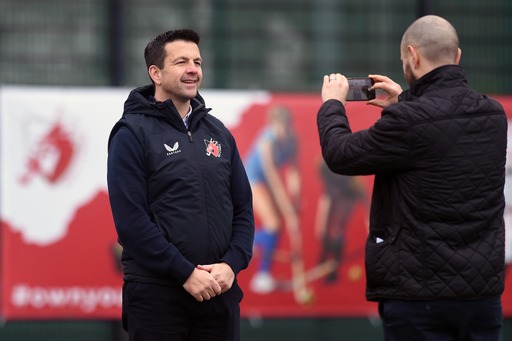
Why dump the three feathers?
Hoci Cymru says it wanted to focus on Welsh history and culture when its new logo – a dragon – replaced the three feathers.
The three feathers symbol is not exclusively Welsh. The emblem of three white ostrich feathers stood behind a gold coronet represents an English figure, the Duke of Cornwall.
“As a proud Welsh woman when I found out about the politics behind the three feathers, I realised I was not wearing a top that represented me or my heritage, ” said a Project Manager at Hoci Cymru.
“Now when I think about being Welsh, I think of the Welsh dragon, and I am sure many others think the same.”
What else lies behind the rebrand?
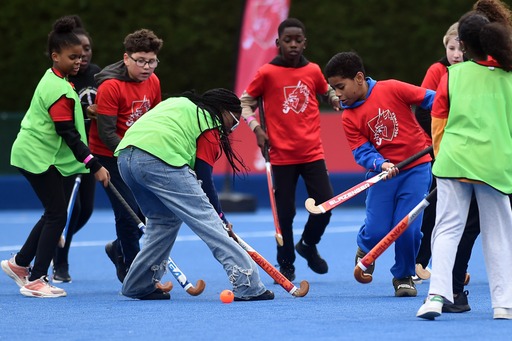
Hoci Cymru has two key funding streams and both have changed.
Funding cuts announced by the Welsh Government in January 2023 means that Hockey Wales will be receiving 5%-10% less funding than expected in the 24/25 season. The governing body relied heavily on this funding, and so needed to find other ways to make money.
Its second key funding stream is Sport Wales, which recently introduced the School Sport Survey. The survey determines how much money a governing body receives based on demand.
The survey asks pupils in Welsh schools what sports they participate the most in, and which ones they might want to participate in. Depending on the results of the survey, Hoci Cymru could receiving a further 10% decrease in funding.
“Using insight from the School Sport Survey (for children) and the National Survey for Wales (for adults), funding is now being re-distributed so that it can be used to make the biggest impact in terms of tackling inequalites and providing a great experience for all,” said Owen Hathway, Sport Wales’ Assistant Director for Insight, Policy and Public Affairs.
“This new approach has meant that some partners’ investment levels have decreased, while others have increased. Sport Wales is fully committed to prioritising inclusive sport and we are being braver and bolder in listening to what the people of Wales want”.
The School Sport Survey’s changes to its funding model means other sports may also find their funding changes.
What else is changing?
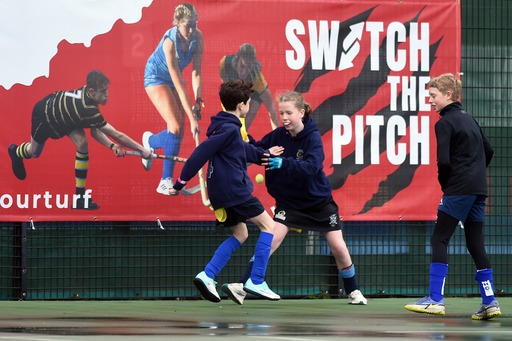
The funding cuts have inspired the organisation to steer away from traditional ideas about where and how the sport is played – and who plays it.
One of the challenges can be facilities. A new scheme called ‘Switch the Pitch’ promotes the idea that hockey can be played anywhere; in school gyms and playgrounds.
New leagues will be set up between primary schools that are close together, to make competitive sport accessible to schools without facilities such as AstroTurf’s or minibuses.
“If hockey can be played anywhere, it is more likely that school children will want to get involved and an increase in participation might ensure a sustainable future for our sport,” said Alice Gregory.
Finally, they are aiming for the sport to appeal to a more diverse range of people. One of the ways they are doing this is through understanding neurodiversity.
All Hoci Cymru coaches are given the opportunity to complete a qualification in disability and inclusion.
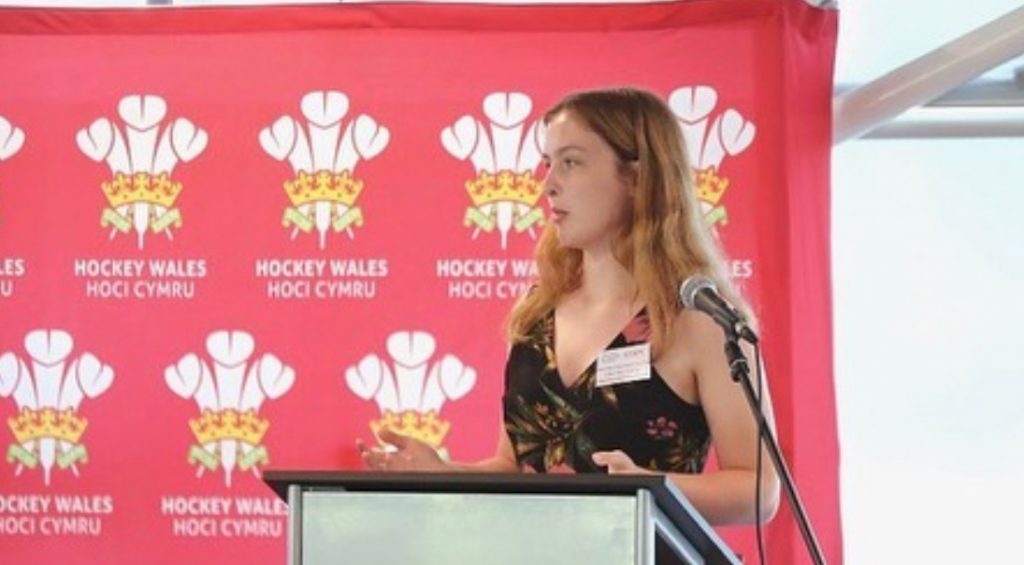
Younger years coach at Cardiff Met University and Hockey Wales Steering group member, Lily Morgan, has autism and sees the importance in these changes.
“The steps Hockey Wales is taking to achieve an inclusive environment are really important. Creating an inclusive environment will increase participation because people like to see themselves represented and their needs being catered for,” she said.


